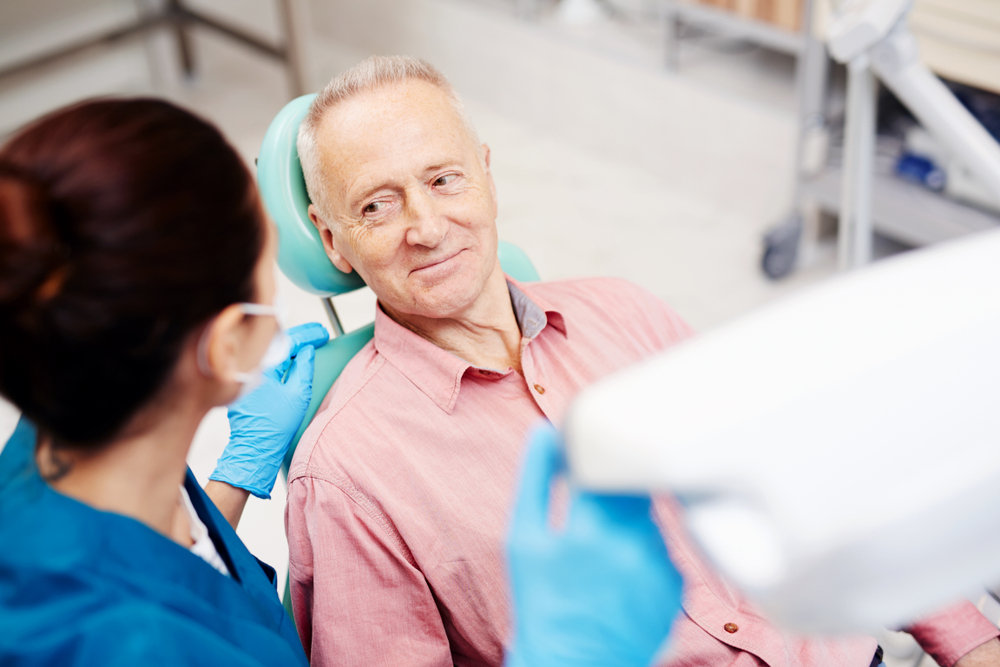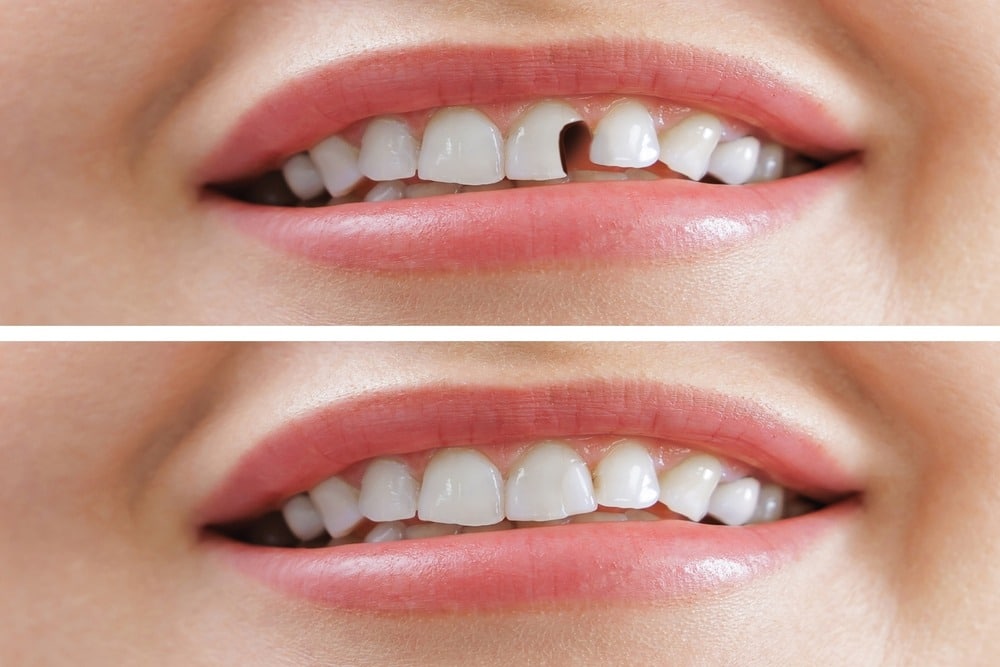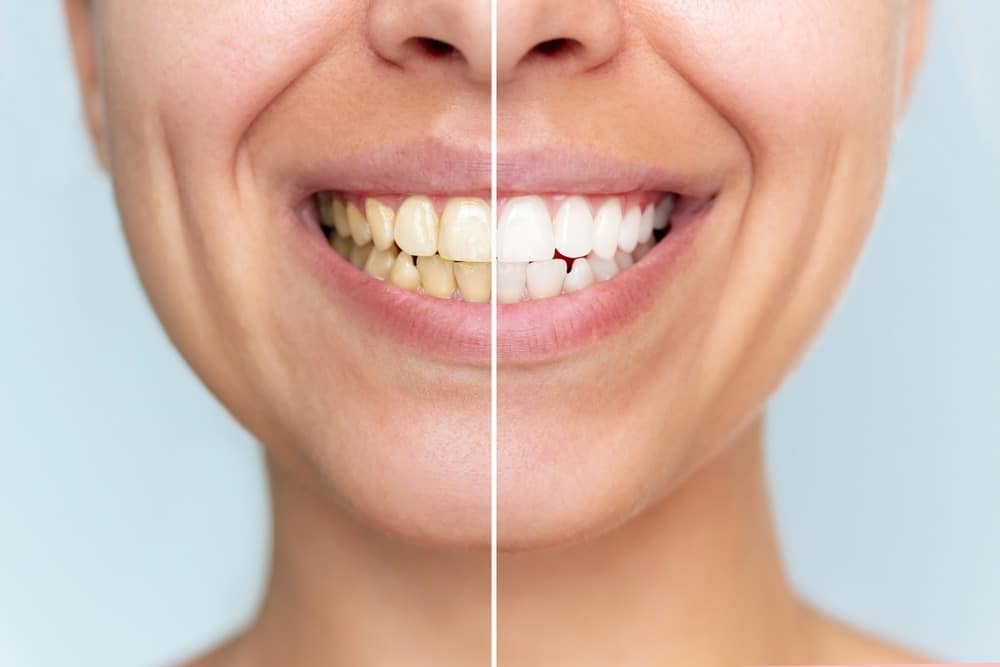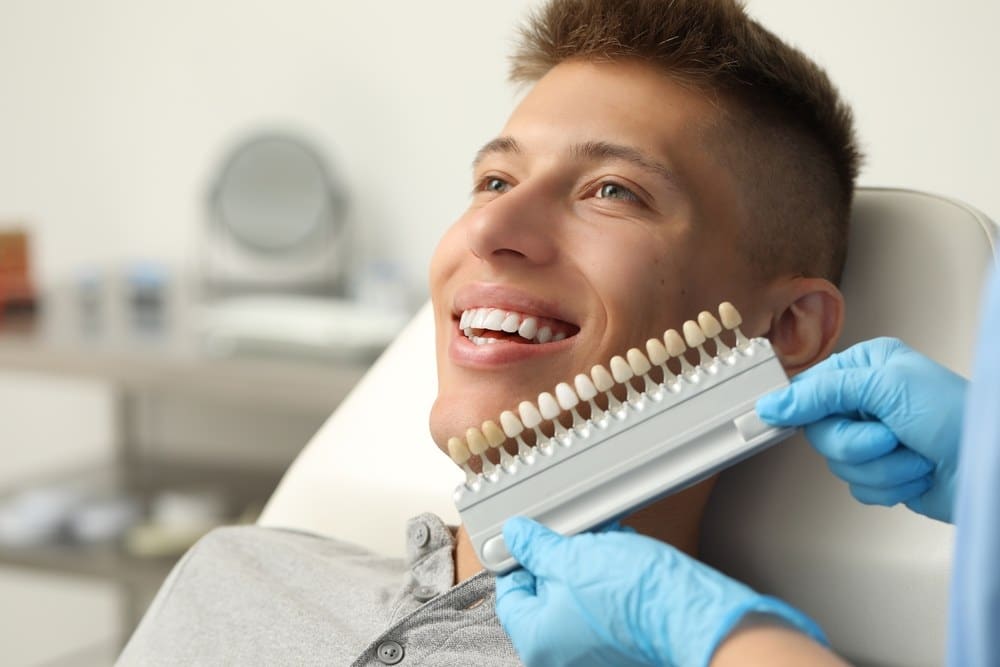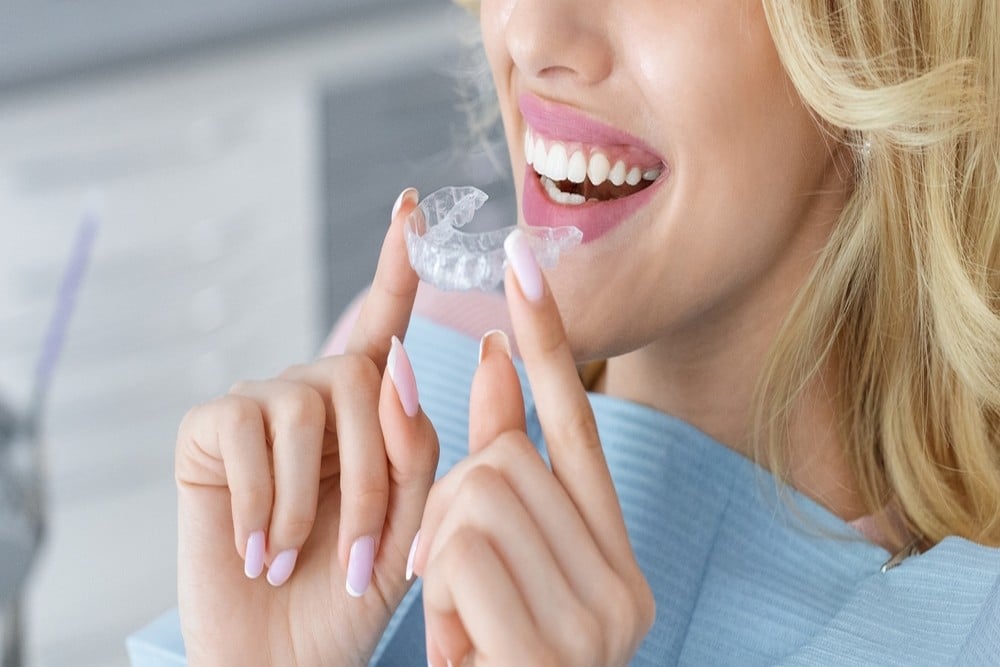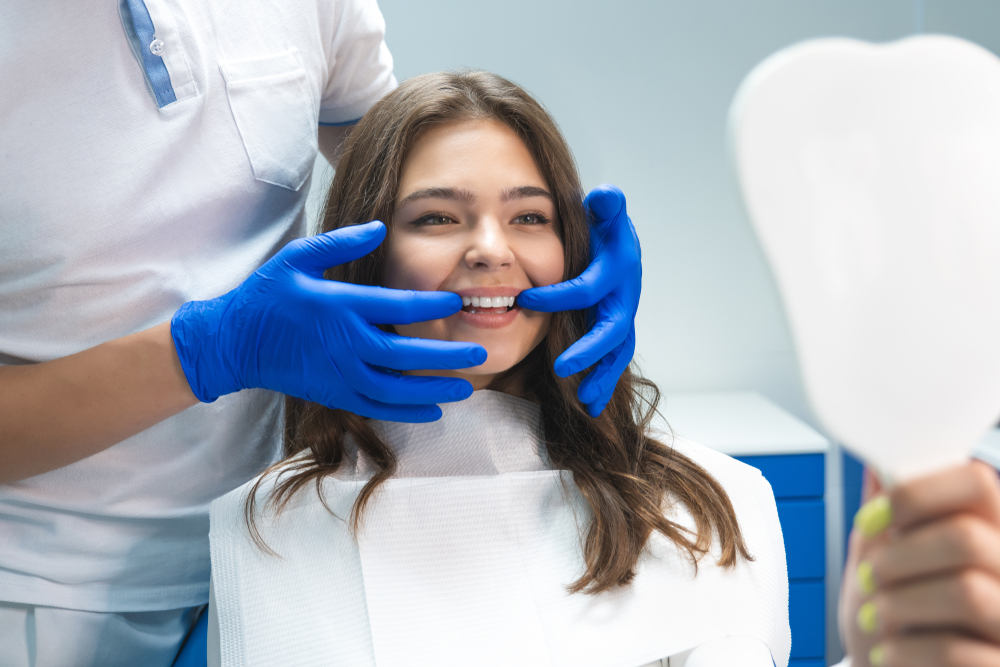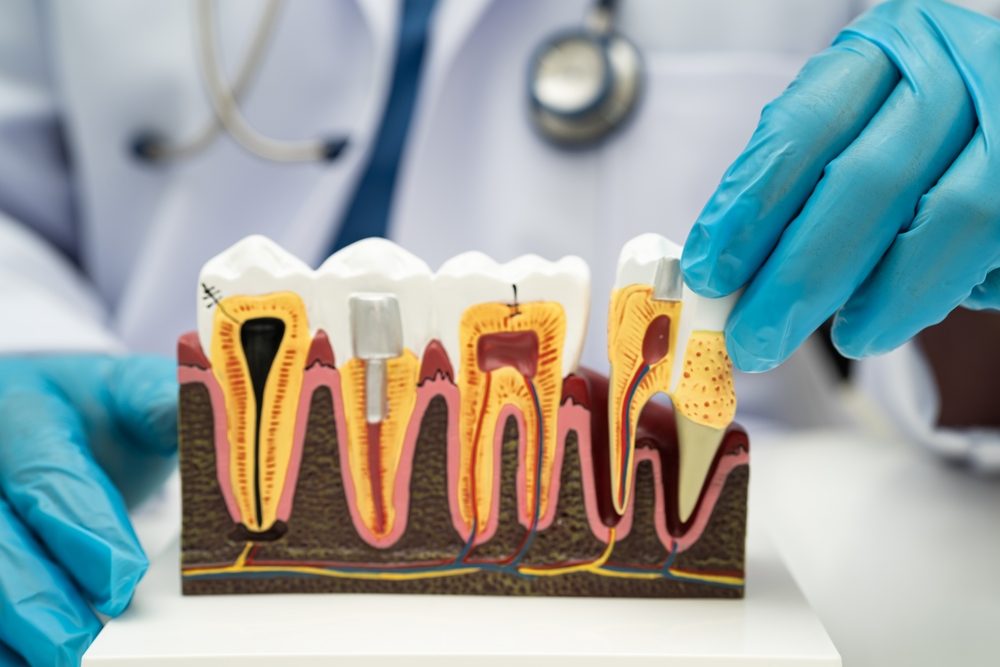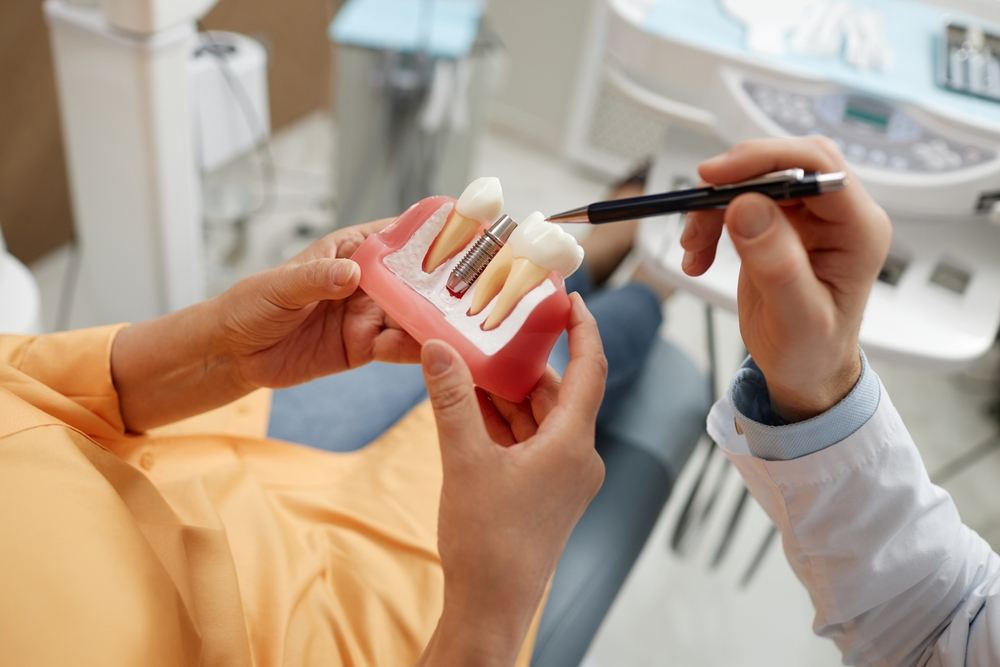Diabetes is one of the diseases that most affect people around the world. It is a disease that affects the entire body, including the mouth! People diagnosed with this disease have to pay close attention to many aspects of their daily life, such as their glucose levels, activity, and diet. However, did you know that people with diabetes are more prone to periodontal disease? This blog will examine the connection between diabetes and oral health, and go over a few tips on how to prevent issues from arising.
How Does Diabetes Affect the Mouth?
People with diabetes (especially type 2 diabetes) are at a notably higher risk of developing periodontal disease and dental caries. Periodontal disease is a serious gum infection that damages the soft tissue, which can destroy the bone that supports the teeth if not treated properly. The link between oral health problems and diabetes is the levels of high blood sugar. If your blood sugar is poorly controlled, oral health problems such a periodontal disease are more likely to take place. This is because diabetes weakens white blood cells, which are the body’s principal defense against bacterial infections. There are also a few diabetes medications that can put the patient at risk for dental issues, such as caries. People with diabetes face higher risks of facing oral problems such as:
- Dry mouth – Uncontrolled diabetes can cause saliva flow to decrease. Dry mouth can lead to issues such as soreness, infections, ulcers, and tooth decay.
- Gum Inflammation and Periodontitis – Diabetes causes blood vessels to thicken, slowing the flow of nutrients body tissues, including the mouth. This makes the body less able to fight infections, thus more susceptible to more severe gum diseases.
- Poor healing – People with diabetes take longer to heal from things like oral surgery and other dental procedures.
Dental Tips for People with Diabetes
Since patients with diabetes are more likely to have conditions that affect their oral health, it’s vital that they follow good oral hygiene practices and pay close attention to their mouth’s overall well-being. Tips that you should take into account to prevent or reduce oral health problems due to diabetes includes the following:
- Monitor your sugar intake – Food and drinks that are high in sugar can contribute to periodontal disease and caries.
- Brush at least twice a day – Keep up with your oral hygiene by brushing a least twice a day and by flossing once a day
- See your dentist twice per year – Routine check-ups and exams can help your dentist determine the best care plan for your oral health
- Quit smoking – If you smoke, work towards quitting as it aggravates periodontal disease.
- Bring your dentist a list of the medication you’re taking – Your dentist will need to know this information to be able to prescribe medicines that won’t interfere with the ones you’re currently taking.
- Postpone non-emergency dental procedures – If your blood sugar is not in control, consider postponing non-essential dental procedures until your sugar levels are better.
Periodontal Disease and Diabetes
There is evidence that periodontal disease can increase the risk of type 2 diabetes and that having diabetes can augment periodontal disease. Medications used by people with diabetes such as Glipizide and Metformin may cause changes to the oral cavity, such as candidiasis, burning mouth, xerostomia, and the chance of getting periodontal disease and caries. People with diabetes should make sure to talk with their dentist about ways to maintain a good oral health and hygiene routine to prevent any issues from arising.
The connection between diabetes and oral health is evident, and people with diabetes should carefully look over their overall oral well-being. We hope this blog gives you a better understanding of the connection between diabetes and oral health. At Dental Arts, we’re here to ensure that all of our patients get the oral attention they deserve. If you or a loved one are experiencing dental issues related to diabetes, give us a call at (619) 444-1001 or click here to book an appointment. We are located at 707 Arnele Avenue, El Cajon, CA 92020.

